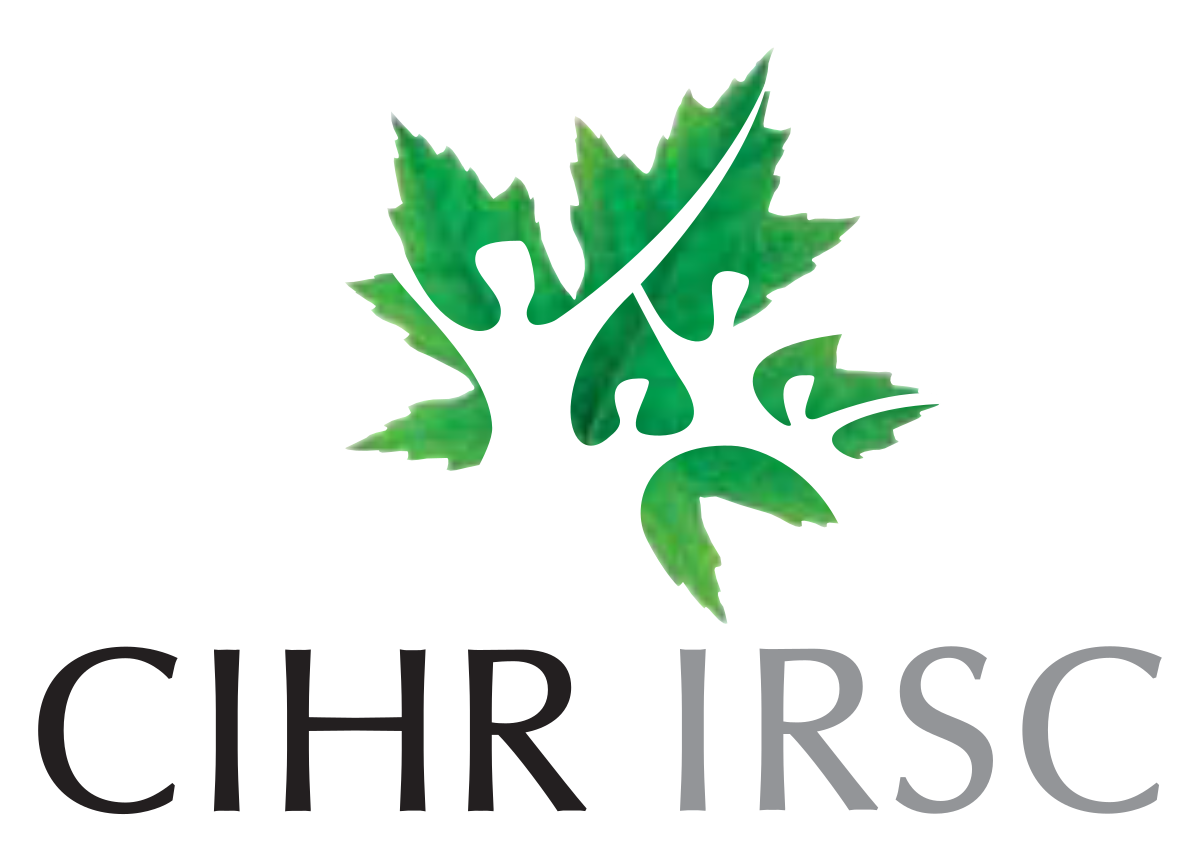Smelling is our ability to detect airborne volatile chemicals. If the ability to smell declines, it can affect everyday safety, diet and nutrition, physical well-being, and relationships.
Why is Smell Important?
Smelling is our ability to detect airborne volatile chemicals. If the ability to smell declines, it can affect everyday safety (e.g., food spoilage, gas), diet and nutrition (e.g., less nutritious choices of higher salt and sugar which lead to other medical conditions, such as high blood pressure, kidney disease, or diabetes), and physical well-being, and relationships. Odors can influence many aspects of our lives, such as memory, mood, and emotions. You smell hormones and can even detect genetic complexity and these molecules we smell support sustained intimacy and relationships. Smell is needed in order to form close personal bonds.
This means that smell is a very important and often overlooked part of everyone’s lives.
Most importantly, smell is a measure of brain health and can be used to screen for risk of neurodegenerative diseases like Alzheimer’s and Parkinson’s long before other symptoms show up.
Impacts
Research tells us that our ability to smell impacts our daily lives as well as our overall well-being. It is also one of the best early indicators of dementia, Alzheimer’s disease, Parkinson’s disease and other neurodegenerative disorders. Improving public awareness of the connection between sense of smell and cognitive health is imperative for wellbeing and the early detection of disease so we can take steps towards solutions.
Quick facts
In Alzheimer’s disease, smell declines before memory problems occur.
Poor sense of smell predicts future development of mild cognitive impairment as well as conversion from mild impairment to dementia.
Autopsy studies reveal that a worse sense of smell indicates a larger build-up of Alzheimer’s pathology in the brain.
Smell testing offers a quick, easy, and inexpensive way to give people some reassurance, by telling them whether they are in a low- or high-risk category.
In Parkinson’s, smell declines before motor symptoms in most affected.
Current Research
In addition to promoting awareness surrounding my own research, there are a handful of institutes and researchers focusing on this important area of work worldwide. They are widely dispersed and Olfactory Health hopes to synthesize and share what is known in one centralized location and in a way that is easily accessible.
Learn more about research being conducted at the University of Victoria, BC
Olfactory ResearchERS
If you are a researcher focusing on human olfaction please let us know.



